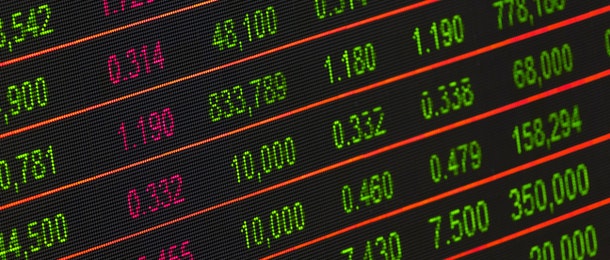The ongoing strength in share markets will remain dependent on how the coronavirus and vaccines are handled within the community and the possibility of rising inflation becoming a structural part of the global economy, according to an Australian boutique fund manager.
SG Hiscock & Company portfolio manager Hamish Tadgell said the emergence of new strains of the virus and the pace of vaccine rollouts would play a significant role in shaping the performance of the share market.
“In Australia, if we are going to learn to live with the virus and stop locking down the economy, we need to mass vaccinate as quickly as possible,” Tadgell said.
“More also needs be done in screening and monitoring symptomatic as well as asymptomatic testing. In Europe and the US, this is already a reality and testing technology is evolving quickly,” he added, noting several Australian companies were leaders in this space and were being contracted by overseas governments.
“The fact that Australia is not adopting world-leading home-grown technology like this and embracing broad-based monitoring and screening is a major area of public policy failure which needs addressing if we are going to learn to live with the virus and avoid rolling lockdowns.”
According to Tadgell the varied global response to COVID-19 was taking place as governments were also questioning what would happen as economic relief measures wound down and consumer spending started to return.
“The pandemic has seen a radical pivot to fiscal policy and explosion in money supply, but what is not known though is what happens to the velocity of money as economies continue to reopen and government payments start to roll off,” he said.
“If households spend their savings over the next year or two, it has the potential to add to the reopening inflationary effects and become more persistent and entrenched in higher prices.”
He pointed out the US Federal Reserve had taken the view that any pick-up in inflation was likely to be transitory, despite changing its forecasts of the likelihood of longer-term inflation.
It was too soon to conclude if rising inflation was going to be more permanent and consumer spending through the second half of the year, as the result of reopening and pent-up demand, may provide some indicators, but the increase in inflation rates slowed in August and September last year, Tadgell noted.
“We remain of the view equities can continue to rally on the reopening dynamic as the vaccine rollout proceeds, and highly accommodative monetary and fiscal policy,” he said.
“Any hint of earlier-than-expected tapering by central banks, and therefore earlier-than-expected interest rate hikes, remains the main risk for a market correction.”


